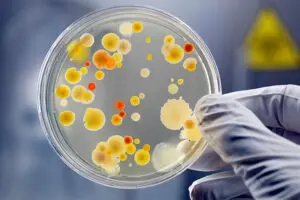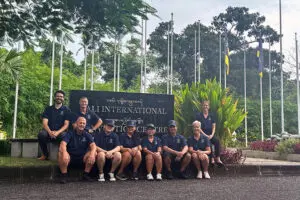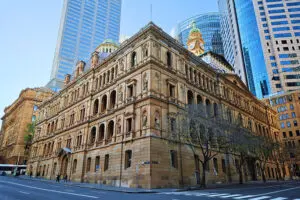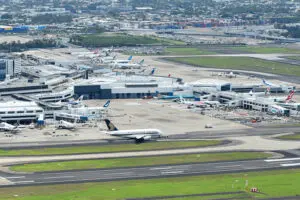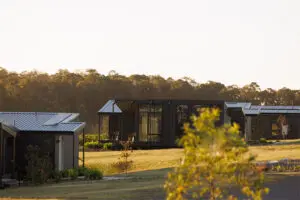Although sustainable aviation fuel is forecast to the lion’s share of the work to bring down carbon emissions in commercial aviation, Australia does not yet have a domestic industry to produce it.
This has seen the likes of Qantas important millions of litres of SAF from overseas.
The business events industry is also heavily dependent on emissions reduction in aviation to bring down its own carbon footprint, with up to 80 per cent of event emissions related to air travel.
Western Australia already produces many of the feedstocks used to create sustainable aviation fuel, including canola and woody biomass, alongside oat, wheat and barley stubble.
One of the aims of the WA biofuels strategy is to help attract investment into biofuel projects.
“Advanced biofuels are vital additions to the clean energy mix, which have potential to supply industry across our vast state with a sustainable alternative in the race to decarbonise,” said WA’s agriculture and food minister, Jackie Jarvis.
“Together with WA’s abundance of biomass feedstock, it makes sense to support the development of this exciting industry with a comprehensive Advanced Biofuels Strategy.
“By accessing existing resources and scaling local production, we can build domestic fuel security and drive growth of this emerging industry.
“Alongside the Australian Government’s investments to accelerate the use and supply of low carbon liquid fuels, the Advanced Biofuel Strategy will establish WA as a leader in the biofuels industry – delivering economic, environmental and community benefits in the regions.”
In September, the Australian Government announced it would invest $1.1 billion in grants for clean fuel projects.





